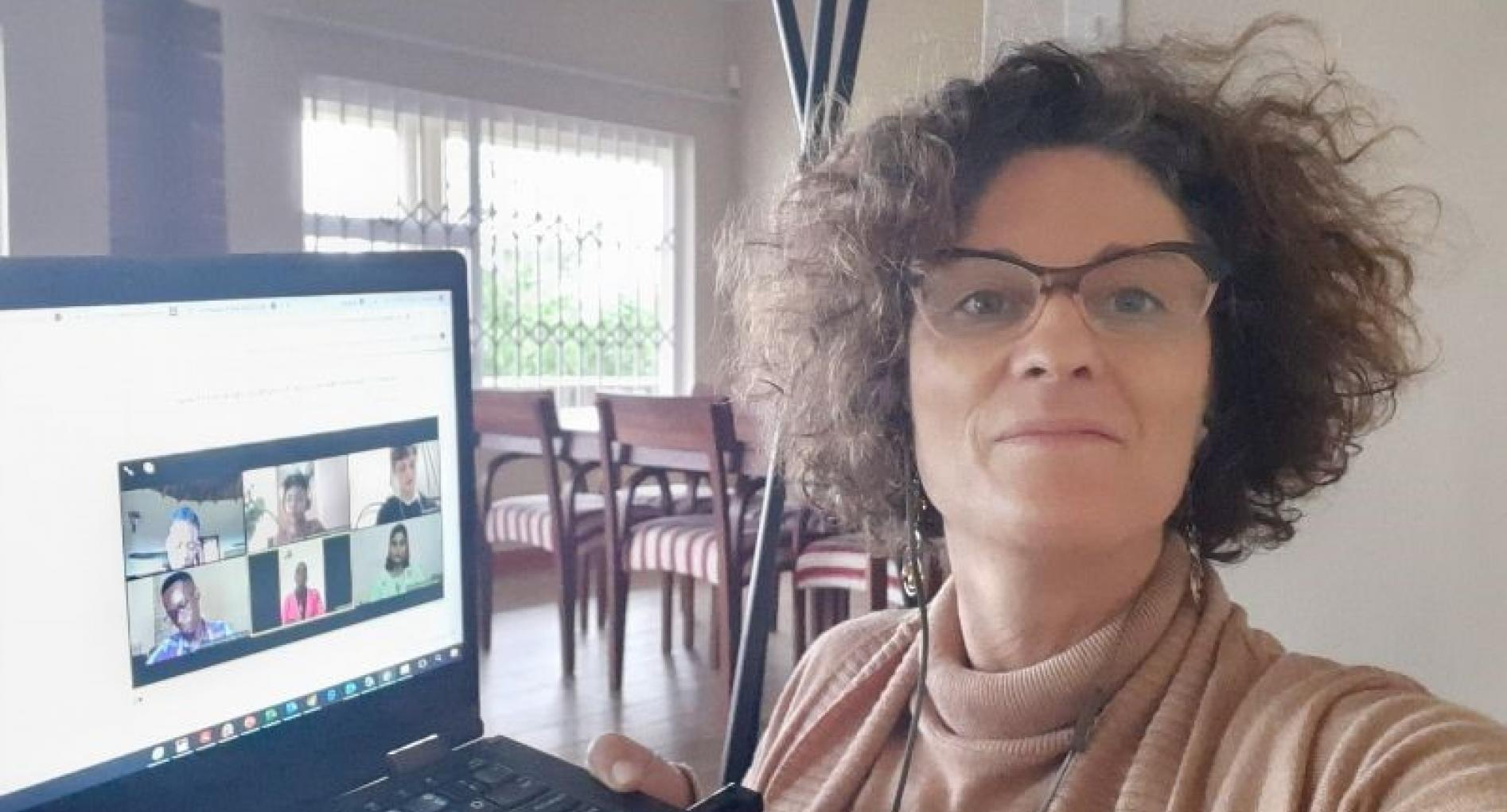The International Workshop on HIV & Adolescence 2020 is taking place as a series of virtual sessions during the month of November with the aim to share experiences, knowledge and best practices on optimizing the care of adolescents living with HIV across the spectrum of health and developmental needs.
Each week during the HIV and Adolescence Month, the Children and AIDS Learning Collaborative will provide highlights from the workshop in partnership between UNICEF and Virology Education. This week featured a session on engagement of young people to inspire change.
Continue reading below for a summary of the second week's session and join us again next week.
Workshop Highlights From Week 2 | HIV & Adolescence 2020

Highlights from Week 2
Business Not as Usual: Young People Inspiring Change
The session focused on how young people are using different platforms to amplify the voices and issues of young people living with HIV. It was chaired by representatives from the National AIDS Council Zambia and Athena Network Kenya and featured speakers from AfriYAN, CHIVA, Lesotho Network of AIDS Service Organisation, Human Touch Foundation, and Trans Youth Initiative.
The speakers emphasised the importance of facilitating representation of young people living with HIV in the right arenas to have their voices heard. Adult-youth partnerships are important vehicles as they combine the wisdom of adults with the energy of young people. Social media is very popular among young people and the best platform for advocacy and information sharing.
The speakers also shared that peer-to-peer advocacy and engagement has provided a supportive space for adolescent girls and young women to open up about their challenges, gain confidence, and seek help related to sensitive issues such as gender-based violence. These spaces are also needed for transgender youth living with HIV, who are experiencing double stigma and double interaction of antiretroviral and hormonal drugs. For all groups of adolescents and young people living with HIV, mental health issues are salient concerns that require a referral system instituted in public health systems.
Two abstracts were presented orally:
- Cindy Amaiza, Organization of Young People Living with HIV Kenya (Y+ Kenya): How Adolescents and Young People Living with HIV Successfully Tackled the Issuing of Expired Anti-Retroviral Treatment Using Social Media #ourlivesmatter. Y+ used social media to assess a reported situation of widespread receipt of expired ARVs among adolescents and young people living with HIV. Based on the data, the social media campaign #ourlivesmatter was launched and resulted in the National AIDS Control Program reaching out to health service providers to assess supply chain issues and switch drugs. This demonstrated that social media can easily connect many people, act as an accountability mechanism and affect change.
- Bryant Sabur, Aliansi Remaja Independen: Youth in an intersectional advocacy effort against the Indonesian Penal Code Revision that violates Sexual and Reproductive rights. As a response to the proposed renewal of Indonesia’s penal code, young people built alliances with activism organizations in the region to ensure their voices were heard. Following protests and online campaigns, more young people were informed and engaged, resulting in the government of Indonesia delaying revision of the code.

In Partnership with UNICEF
The Children and AIDS Learning Collaborative connects stakeholders around the world on HIV and AIDS topics related to children, adolescents and pregnant women. Led by UNICEF, the community shares the latest research, publications, webinars and learning activities through email updates and on www.childrenandaids.org.
Contact Information
- For more information about the HIV & Adolescence Workshop and registration, please contact Rikke Rode at rikke.rode@vironet.com
- For questions or comments on this post, please contact Rikke Le Kirkegaard at rlekirkegaard@unicef.org
- Get in touch with the communications department at communications@amededu.com